Rep. Heather Edelson will not run for re-election, leaving her District 50A Minnesota House of Representatives seat open. There are 134 Minnesota House representatives, all serving terms of two years. Julie Greene and Alicia Gibson are campaigning for the open seat, which represents parts of Edina and Bloomington. The Senate District 50 Democratic-Farmor-Labor Precinct Caucus will take place on Feb. 27 at 7 p.m. at Valley View Middle School, the convention will be on April 20 at 10 a.m. at South View Middle School, and the election will take place on Nov. 5.
Gibson is a college professor, vice chair of the DFL Feminist Caucus, and a member of the DFL Asian American Caucus. She is also the board secretary of the Soo Visual Arts Center, which supports underrepresented artists, and a board member of the MicroGrants nonprofit, which provides grants to low-income recipients.
Greene is vice chair of the Edina School Board and chair of both the Policy and Legislative Action Committees. She is also a member of the Governance Committee, an Association of Metropolitan School Districts board representative, and a World’s Best Workforce member.
Growing up in Oklahoma, Gibson compared her family to “a blue dot in a red sea.” She recounted that her values were ingrained in her from a young age as a result of being raised by her Japanese-American grandmother who moved to the U.S. right after World War II and was considered an enemy, especially in rural Oklahoma. “We didn’t have terms like inclusivity and antiracism, but that was already a family project: the multicultural promise of America. Those were the values we grew up with,” Gibson said.
Known as “the local feminist” in high school, Gibson had to learn how to foster relationships with people who disagreed with her while maintaining strength in her convictions. An outspoken activist, she was named Volunteer of the Year by Planned Parenthood and founded a community organization that successfully turned an unused railway bed into a pedestrian and cyclist trail. She was able to combine her work and maternal role, often bringing her baby along with her to local political events. “My baby acted as a peace totem,” Gibson said, “lowering everyone’s stress levels to get them into a more cooperative mindset.”
Gibson applied her international studies degree and restorative justice training to the local level, assisting with tenant-to-tenant conflict resolution and consequently helping lower eviction rates. She later became involved with political campaigns as a result of George Floyd’s murder in Minneapolis.
“I thought, ‘This is the apex of many layers of political failure, and I am done being in the passenger seat,’” Gibson said. “That spurred me to get involved in actual campaigns.”
For Gibson, there are several issues at stake. In office, she would want to tackle the mental health crisis, the child protection system, environmental justice, housing affordability, reproductive rights, and gun control. “I’d like to see a system for guns like we have for cars, where you have insurance and licenses, not just permits,” Gibson said.
Minnesota has fallen far behind other states in terms of mental health support; the Center for Advanced Studies in Child Welfare reports that while the ideal ratio of counselors to students is 1:250, Minnesota high schools are at around 1:743, and MN elementary schools often don’t have counselors, though experts say the best time to address serious mental health issues is before age 14.
Due to this disparity, Gibson is currently working to gather ideas from several different sources in order to fight Minnesota’s mental health crisis. “As a legislator, I’d want to make sure we are waiving tuition for those in the field who work in our schools. We’d also address the reimbursement rates for our mental health providers, which have not kept up with inflation,” she said.
Additionally, Minnesota is one of nine states with a patchwork child protection system. Not only does Minnesota have a higher-than-average percentage of children returned to abusive homes (according to a November study by Star Tribune), but the Pioneer Press reports that there’s also a higher rate of African American children being unfairly removed from their homes.
“If we had a statewide system, a more usable database, standardized bias employee training, and a more efficient system of flagging children at risk, we could make a difference on both sides of that coin. We could protect children from abusive families and from being removed from their homes because of discrimination,” Gibson said.
In terms of the environment, she wants people to get into more of an opportunity mindset and think of eco-friendly behavior as a win-win. “Using our cars less and walking or biking more isn’t only good for the environment, it’s good for us,” she said.
Gibson is also open to other viewpoints and discussions. “I love learning about the issues that people are passionate about, even if we disagree,” she said. “I teach my students a form of persuasive writing where you research the other side and fairly represent it. It’s such an important civic skill and a practice of empathy to understand the people who disagree with you.”
Bringing the local community into political discussions is important to Gibson. “I have in-person campaign office hours and I’m hoping to have forums with local experts so we can have conversations on issues together as a community,” Gibson said. “Being an open and inclusive legislator isn’t just something I talk about; it’s something I do.”
Greene has worked on several advocacy efforts throughout her life, including establishing the first Victim’s Advocate Program at her alma mater and working on education issues with the Edina School Board. She helped draft the district’s 10-year Strategic Plan and has worked on several initiatives with the School Board, Policy Committee, and the Legislative Action Committee. “I feel fortunate that I’m able to give and participate in public service. My skill set, my experience, and my energy fit really well with this job from a practical standpoint,” Greene said.
Raised in Chicago, Greene described being taught to always advocate for what she believed in and show up for all the parts of her community. “I was raised to not sit on the sidelines but jump in and do what you can,” she said. “My experience on the school board showed the importance of making sure we’re listening to the voices that you don’t hear all the time. Those voices need to be part of the conversation and included since sometimes the loudest voices are all we hear. My goal is to make sure the quieter voices are heard.”
Greene finds the quieter voices by visiting locations that state politicians wouldn’t normally, like other neighborhoods or the events of local organizations. “Things change, priorities shift, and perspectives can adjust so it’s important to always keep your ear to the ground on all of that,” she said.
She also always makes herself available to her constituents. “I am very open to meetings and I will have office hours. I don’t shy away from picking up the phone and calling people and having conversations,” she said. “Being ingrained in the community has been important. I show up everywhere so people run into me all the time.”
As a result of her time on the School Board, Greene gained experience with the political process and public service. “I ran for [the] School Board because I saw a need in our community to make sure that we had school board members who were truly representing what the community wanted,” she said. “I’ve always been committed to public service and understanding that you build better communities by participating. We moved to Edina 18 years ago and I’ve got four kids who all went through the Edina Public Schools system, so it was very natural for me to ask how I was going to do my part.”
The most important issues to Greene, according to her platform, are education, public safety, the environment, economic opportunities, the equality of rights, and healthcare.
“One goal is making sure that we are aligning our spending with our priorities,” she said. “In public education, I would ensure that we are continuing to stabilize funding so that funding for districts is predictable. It would be fantastic to pass legislation to make sure our districts know what they can expect financially so we can have solid contracts with teachers and can bring staff in. It’s irresponsible and difficult to hire a staff member while not knowing your funding for the next year.”
Gun control is another goal for Greene. “A lot of bills moved through the legislature last year that didn’t make it through the finish line. I’d work with the experts in the police department to make sure that we are effectively passing those laws.”
In terms of the environment, Greene wants to ensure that lawmakers are finding the right sources of funding and resources to support their goals. “We have a lot of plans, but the most important thing is how we’re going to fund all of those efforts. It’s unacceptable to pull funds from other causes in order to fund the environment. We need to make sure that we find proper resources and funding to support any legislation we pass on it.”
If elected, Greene hopes to pass laws to combat the mental health crisis post-pandemic. “I’d like to see more legislation in helping people go into the field of therapists and psychologists so we can provide the support. We need to normalize mental health in schools and families.”
This piece was originally published in Zephyrus’ print edition on February 21, 2024

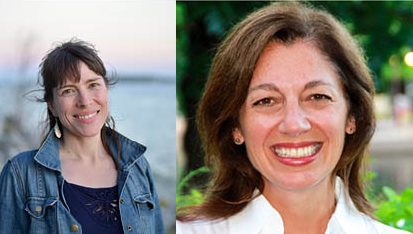
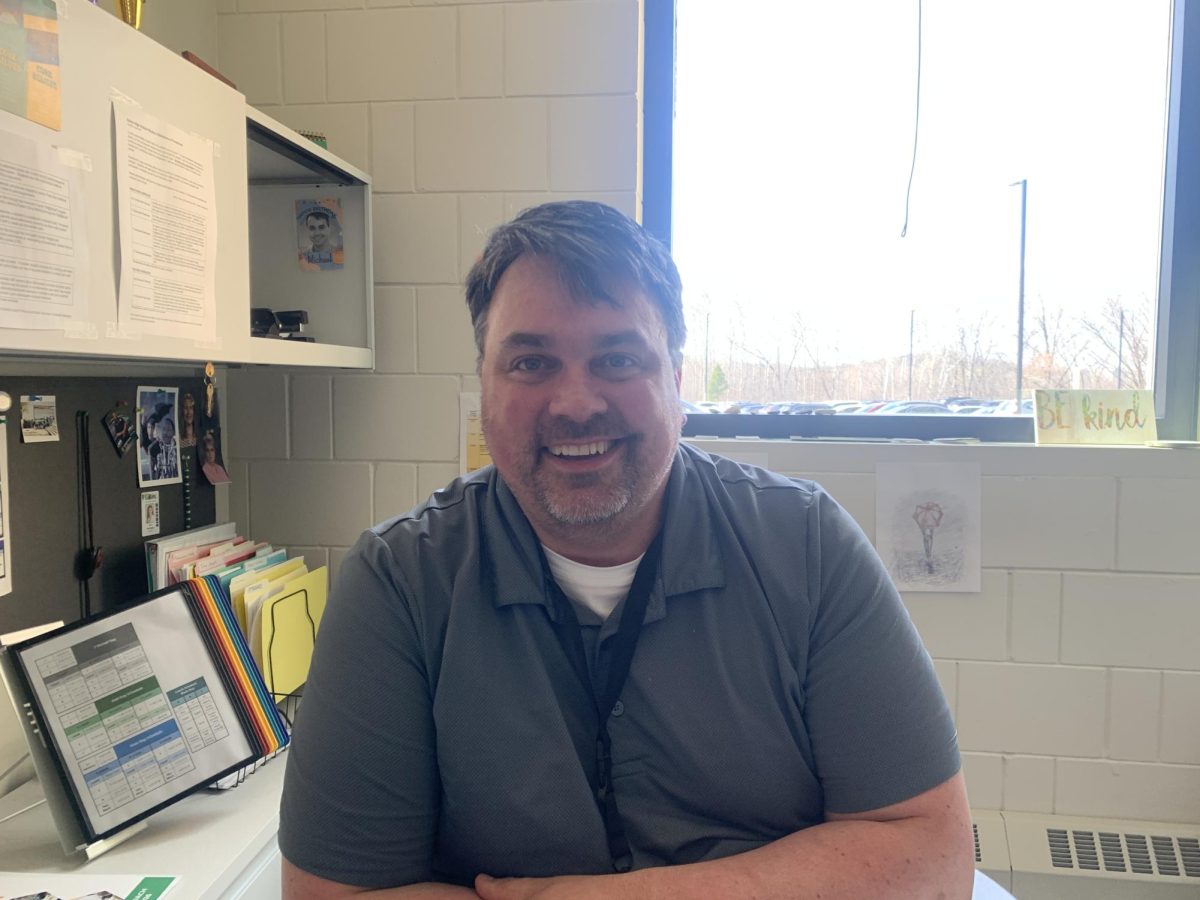
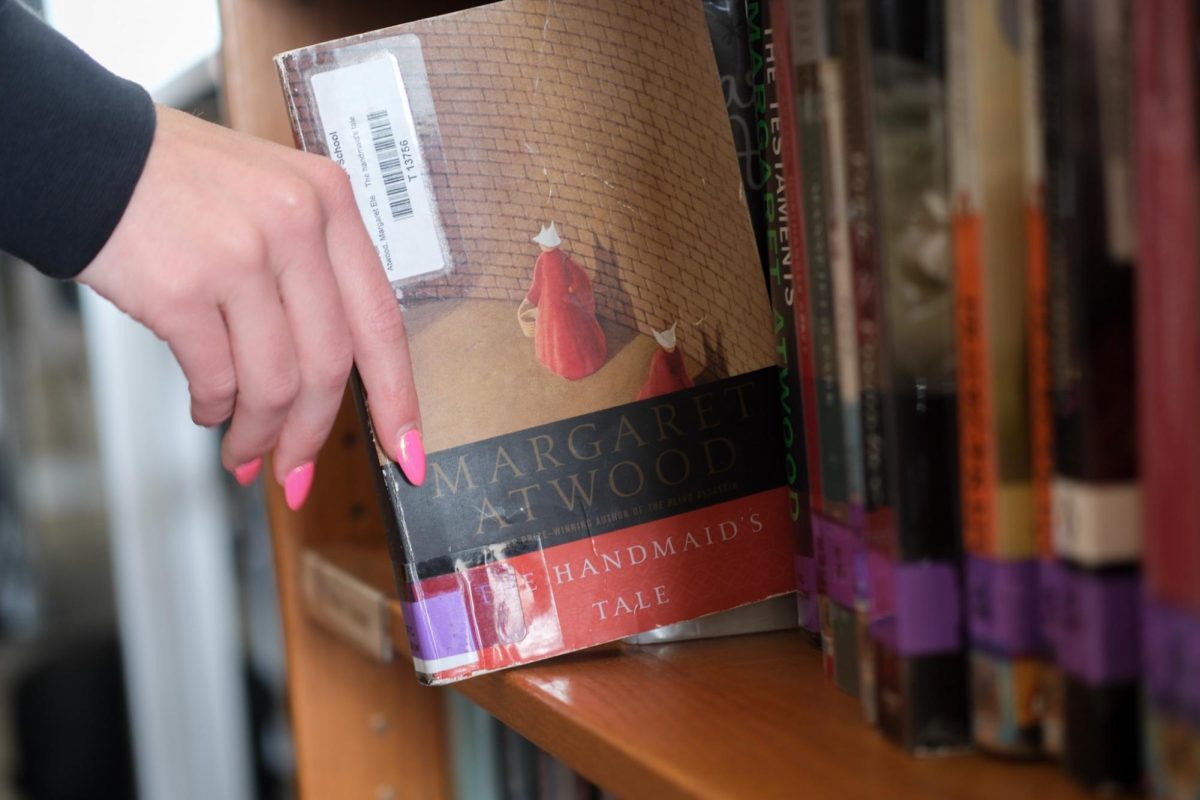
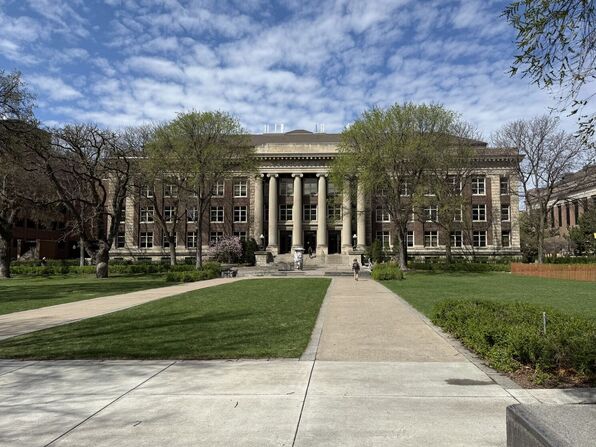
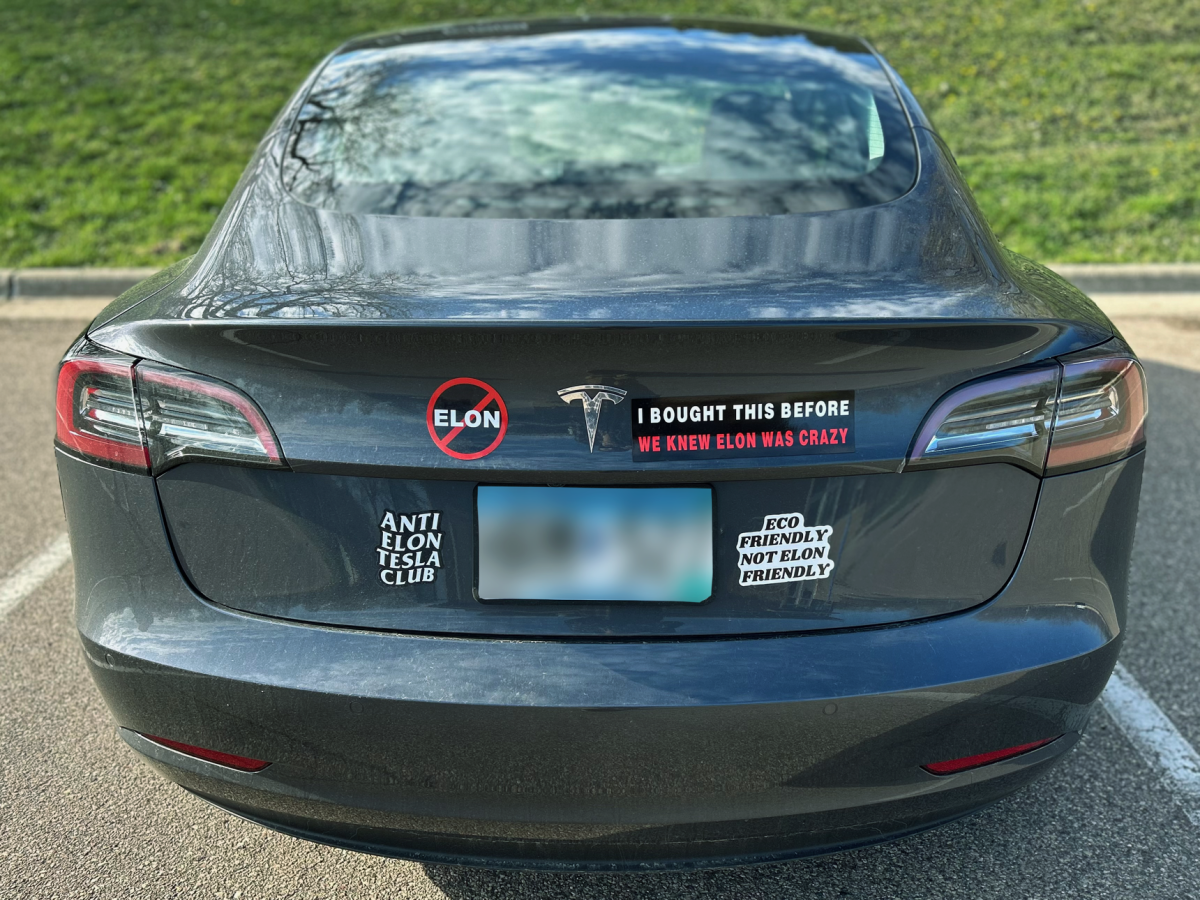
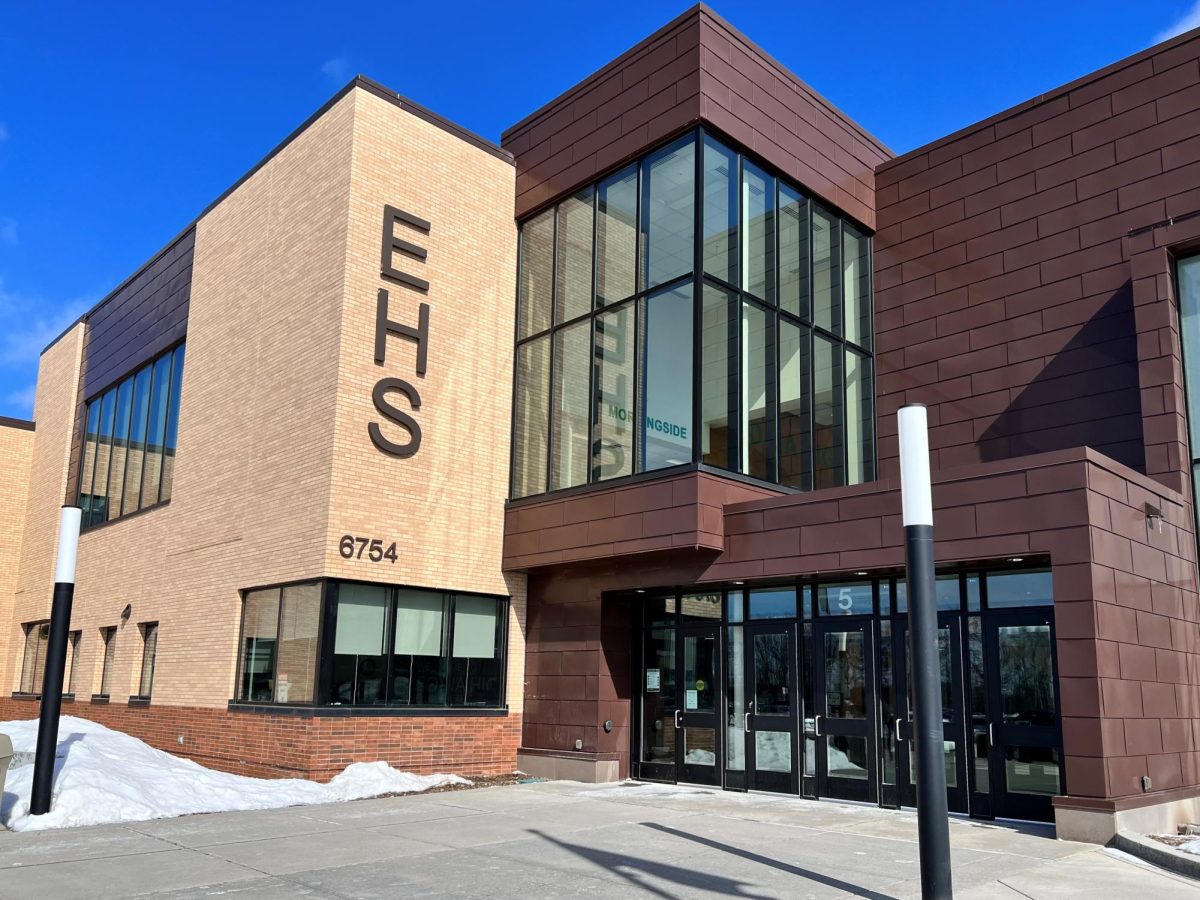


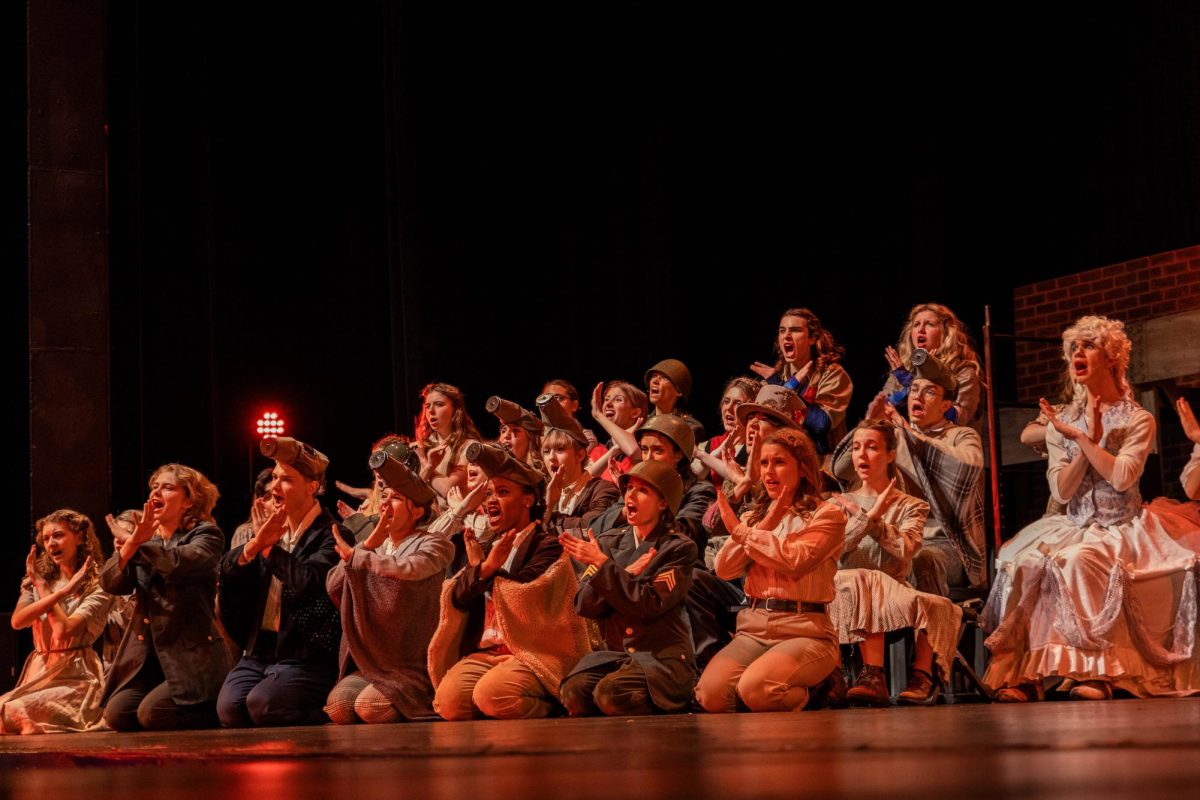

SUSAN TASA • Sep 24, 2024 at 6:03 pm
Julie Greene sent out a post card to vote for her without any party designation or info about her experience, Poor campaigning.